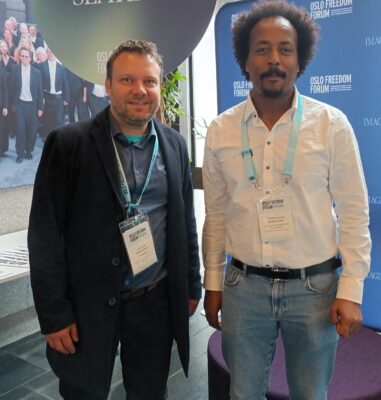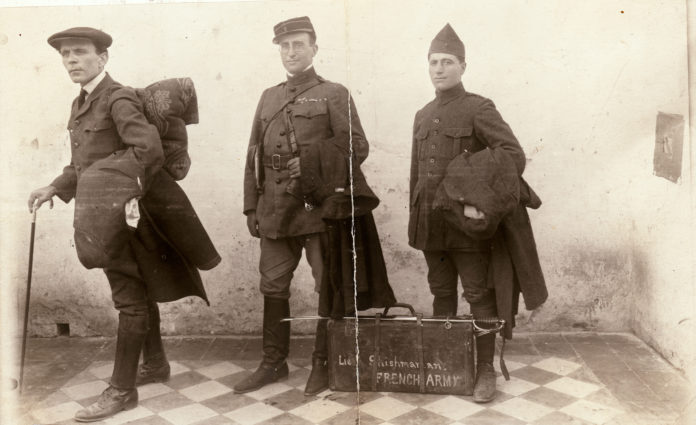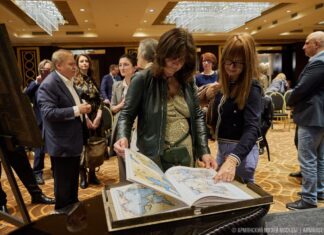(Christian Science Monitor, reprinted in The New Armenia, vol. XIII March-April no. 2, Boston, Mass. pp. 22-24; and later Boyajian’s Haygagan Lekeon in Armenian)
Evidence accumulates that when a true history of the Near East during the last five years comes to the printed page, there will be revealed to the world a record of inefficiency, expedience, cupidity and promise-breaking by those from whom the Christian peoples of that part of the world had every right to expect fair dealing and salvation from the Turk, which will astound the world’s sense of justice and righteousness.
The historian who seeks proof of the injustice inflicted upon those Christians may find some of it in the experience of Lieutenant John Shishmanian, native of Kentucky, USA, of Scotch and Armenian ancestry; American ambulance driver in France preceding entrance of the United States into the war; wounded at Verdun; second lieutenant in the French Army; instructor of Armenian troops on the island of Cyprus; commanding officer of Cilician Armenian Volunteers, organized to defend the Christians in the City of Adana, Cilicia; while still wearing the uniform of a French officer, and without specific excuse, except the political expediency of the Treaty of Sevres, “railroaded” out of Cilicia by his own superior French officers, and only set free when an inquiry by the Secretary of the State of the United States had apparently convinced the French of the urgent advisability of denying that he had ever been so much as arrested.
Lieutenant Shishmanian told the story in detail to a representative of the Christian Science Monitor. He made it clear that he did not mean to criticize adversely the French officers in Cilicia as being responsible for the policy under which the Turks and Kurds have been favored and the Armenians, Chaldeans, Assyrians and Greeks oppressed. Responsibility for this, he held, rests with higher officials in Paris, whom he described as attempting to manage things in the Near East for the selfish purposes of some individual Frenchmen, and without a proper understanding of the people upon whom great wrongs are being inflicted.
“I was born in Kentucky,” said Lieutenant Shishmanian, “and years ago had experience with the Kentucky militia in feud troubles. Before we entered the war I went to France as a member of the American ambulance field service. Some time after that, in order to see active service, I enlisted in the French Army and rose to the rank of second lieutenant. After serving at Verdun, I was ordered, with about a score of other French officers, in January 1918, to go to Cyprus and drill Armenian troops into an Armenian legion.
“This drilling was done in Cyprus to conceal the organization of the Armenian legion from the Turks. There were about 5,000 men, 1,600 from America, and they saw service in Palestine and Syria, and later occupied Cilicia for the French.









